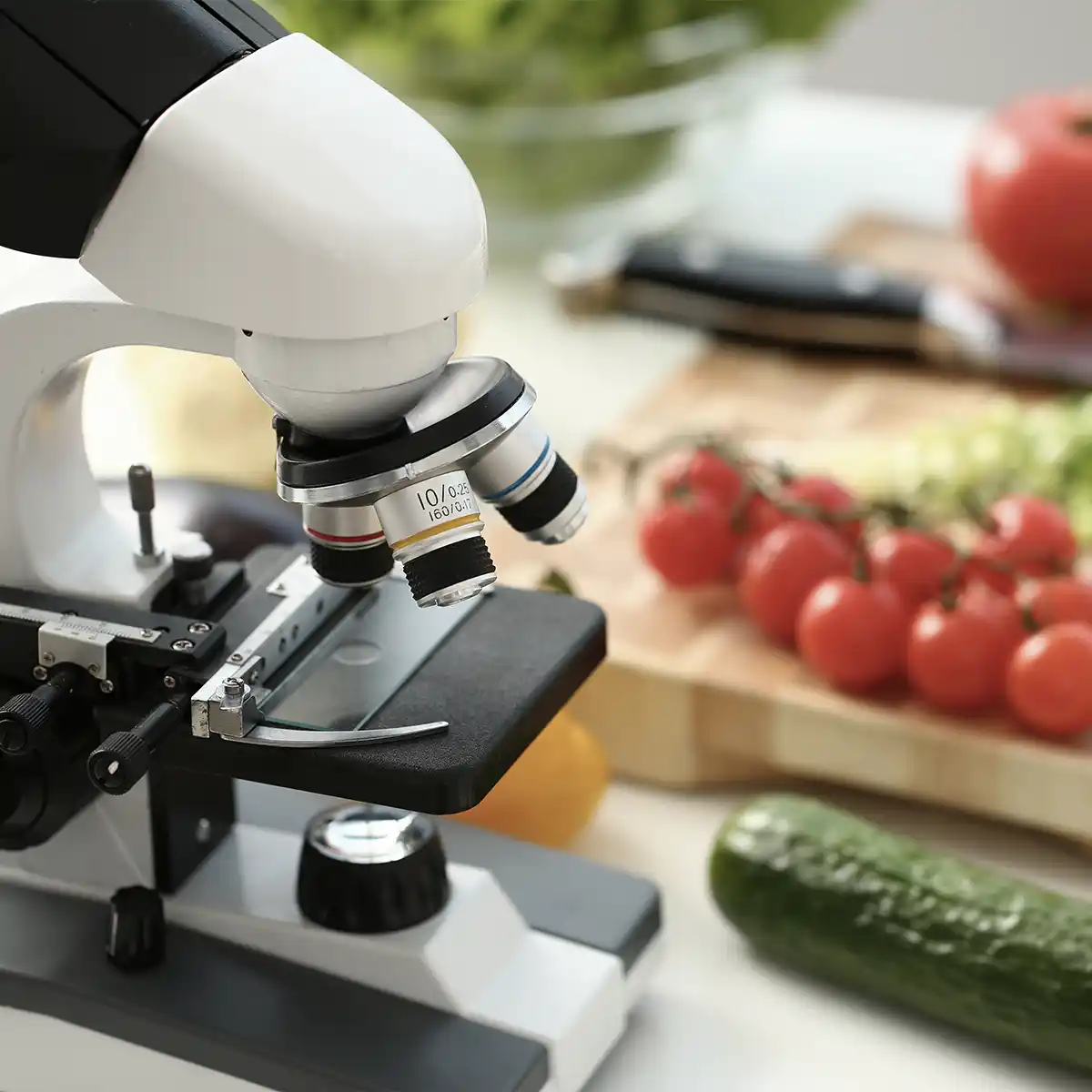UNFORTUNATE DEVELOPMENTS IN CHEMICAL FOOD
At this point in history, the agricultural world is no stranger to genetic modification. With this technology, researchers have created seedless watermelon, gluten-free wheat and apples that don’t turn brown with age. This is done through breeding out unwanted traits of an organism (i.e seeds or spots). The newest development in genetic technology came a few years ago with RNA interference (or RNAi) which, in simple terms, actually changes the genetic makeup of an organism. (Source: the Guardian) There’s been a lot of controversy about the use of RNAi. Here’s where things start to get really concerning.

An RNAi-based Insecticide
Just a few months ago, the Environmental Protection Agency approved the first insecticide relying on RNAi, a decision that attracted very little attention from the press or even from environmental groups in the U.S. It was kept pretty quiet, and here’s why: You don’t spray this stuff on crops. It works from the inside out. Aimed at solving the problem of the pesky Western corn rootworm, the insecticide DvSnf7 dsRNA, contains instructions for manufacturing it in the DNA of the crop itself. In other words, when a rootworm eats a plant containing the code for this insecticide in it’s genetic makeup, the plant’s self-made DvSnf7 dsRNA disrupts a critical rootworm gene and then kills it. (Source: The Atlantic) Monsanto claims that by 2020, we can expect genetically modified seed with RNAi to be on the market for farmers across the globe. The first product DvSnf7 dsRNA will show up in is called SmartStax Pro, a line of corn seeds made and funded as a result of a collaboration between both Monsanto (now owned by the German pharmaceutical giant, Bayer) and Dow. Putting this product on the market before there are definitive, long-term studies to show that DvSnf7 dsRNA bears no negative effects on human or environmental health is a serious risk – and it is one to be very wary of.
These corn seeds are an organism whose RNA is meant to modify and disrupt the genetic code of another species that is eating it (specifically, the rootworm) – actually causing it to die. This begs the question about the safety of other organisms who would be consuming this corn seed down the line – namely – humans. What happens when we eat the product of this corn seed? The problem is: we don’t know enough to allow this technology into the marketplace, into farms and into our bodies. Not nearly enough.
Growing Concerns and Public Outcry
An increasing number of concerned scientists, researchers, farmers and citizens are calling for more corporate accountability when it comes to these kinds of agricultural technologies. A recent ruling out of San Francisco’s Superior Court of California sent Bayer’s stock to a new low as criticism about the use of bioengineering, herbicides and other pesticides is growing across the country. This past August, a jury found that Monsanto’s glyphosate-based weed killers—namely, Roundup – had caused cancer in school groundskeeper Dewayne Johnson, who regularly used the substance in his work. The original verdict sent Bayer stocks plummeting, and they fell a further 8% when the news broke about the court’s decision to uphold the company’s liability for Johnson’s health problems (Source: Fortune.com) The good news is that this verdict may very well break open the floodgates for further cancer or chronic illness-related suits, and provide more opportunity for publicity around the devastating effects of glyphosate and other pesticides.
Monsanto once claimed that glyphosate was repeatedly tested with no negative impact on ecological systems or human health. In fact, the company still maintains that glyphosate is safe for human-use, citing decades of scientific studies and real-world uses, despite overwhelming evidence to the contrary, and the loss of this most recent lawsuit. They’re advocating the widespread use of RNAi under this same modus operandi and the same lack of long-term research. But if public skepticism and scientific criticism of this newest – and largely untested – technology continues to grow, perhaps this is enough to put Monsanto in check and call on the FDA for further review. It’s time to tell these companies we want to end our dependence on GMO’s and herbicides.


The new alternative is within reach – let’s get there together!
Be Well. Be You.
